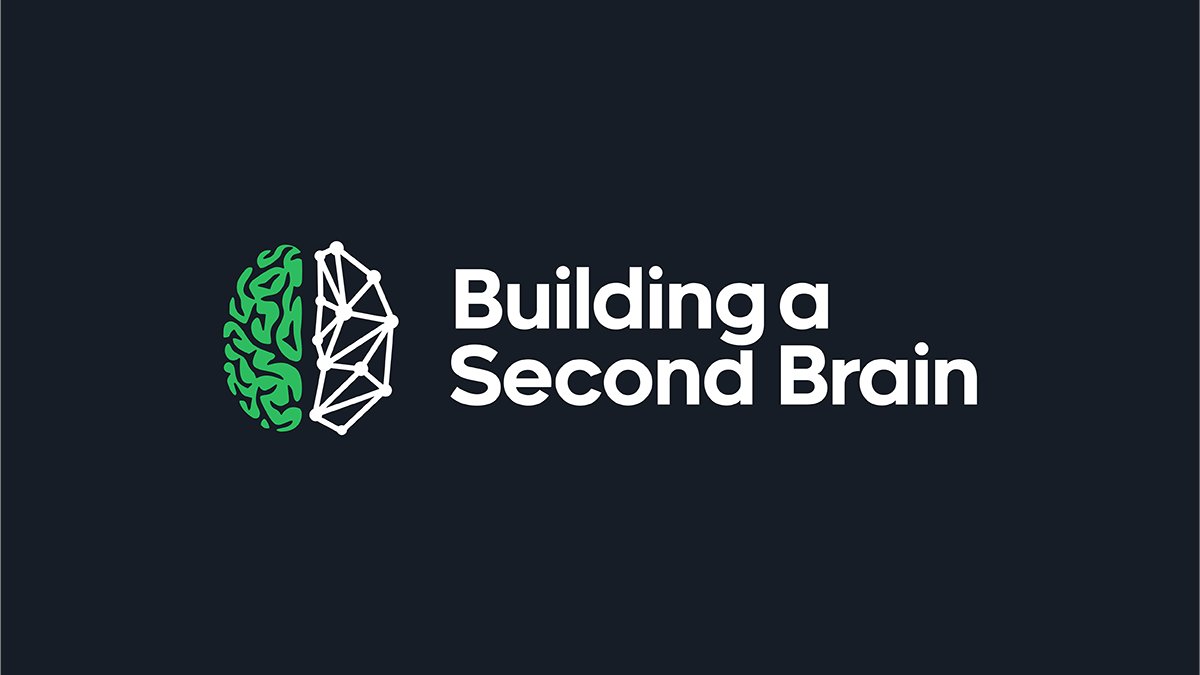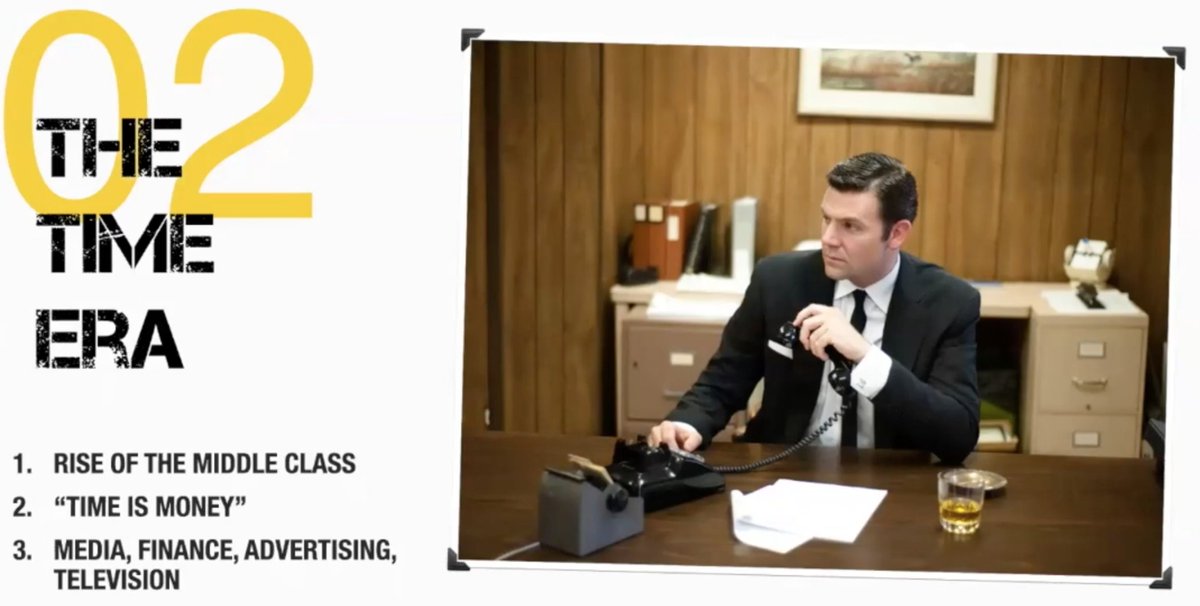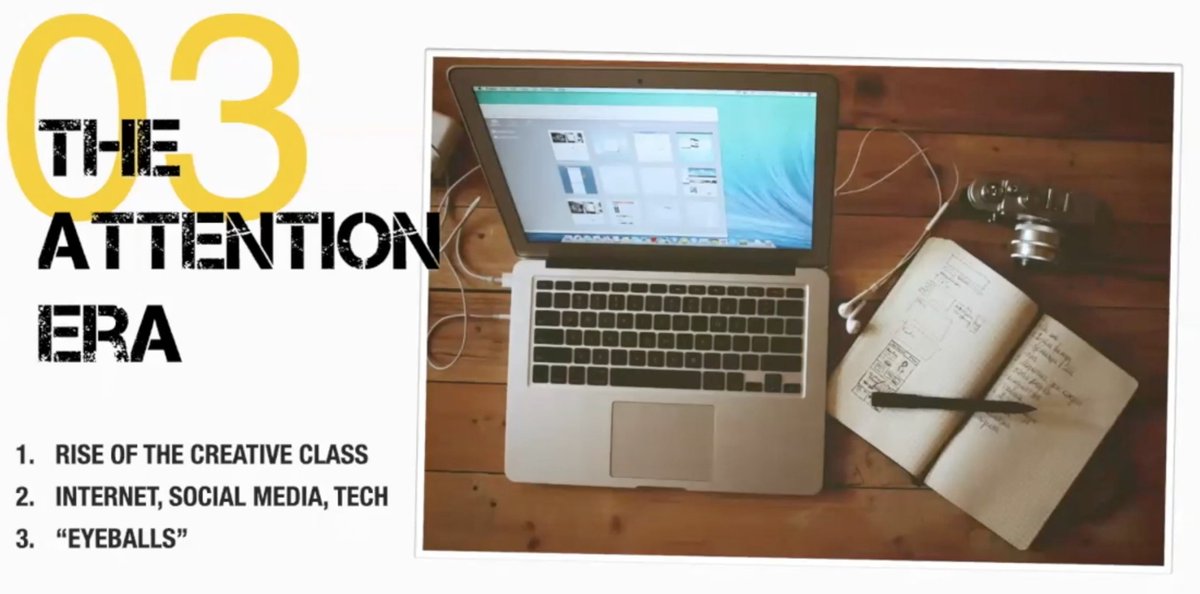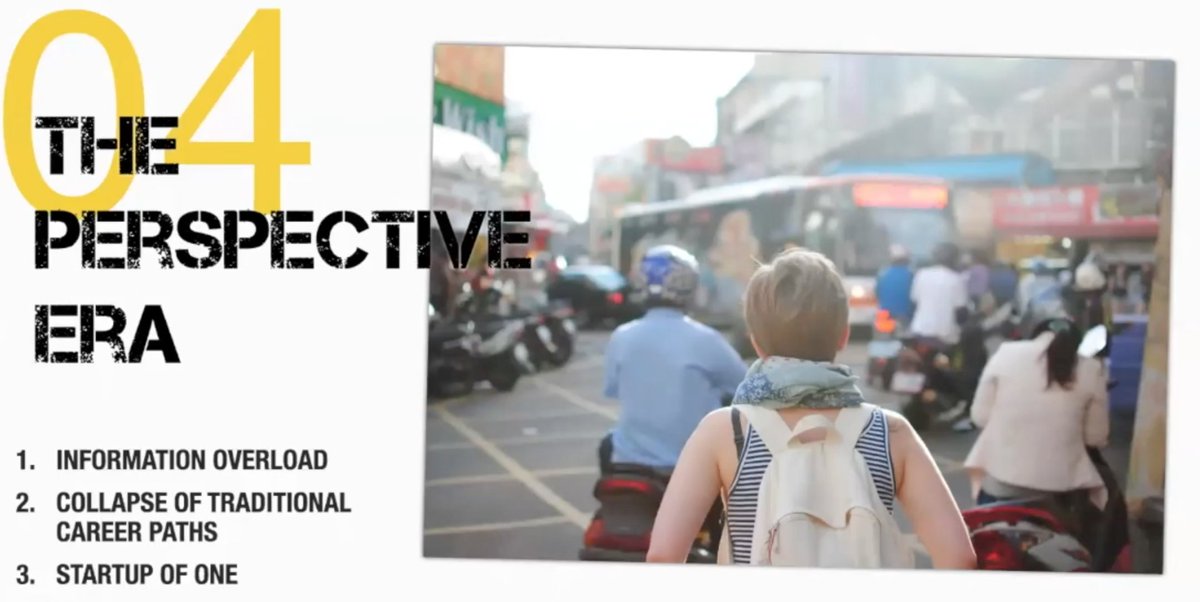
How to create transformational online courses?
When most online courses are created by marketeers (not domain experts), that's a tough question.
In search of an answer, a few of us learning geeks got together recently for a workshop hosted by @bazzuto.
A 🧵 with my takeaways.
When most online courses are created by marketeers (not domain experts), that's a tough question.
In search of an answer, a few of us learning geeks got together recently for a workshop hosted by @bazzuto.
A 🧵 with my takeaways.
Let's start with a definition. What's a transformational (online) course?
To me, it's a program that helps you through a series of steps that ultimately cause you to see the world with different eyes and/or change your behavior in ways you held as impossible before.
To me, it's a program that helps you through a series of steps that ultimately cause you to see the world with different eyes and/or change your behavior in ways you held as impossible before.
At the workshop were @Bazzaruto (host), @elaptics, @francis_miller, @Neats29, @uberstuber, @mattgoldenberg, and myself.
Each shared their interest in courses that bring about personal transformation and what hurdles to transformation we see in current courses.
Each shared their interest in courses that bring about personal transformation and what hurdles to transformation we see in current courses.
What's transformational for one could be ho-hum for 95% of people.
What brings about transformation is subjective, so it's challenging to create an online course that consistently helps participants get the change they're seeking.
What brings about transformation is subjective, so it's challenging to create an online course that consistently helps participants get the change they're seeking.
We identified two online courses that we think are transformational: @fortelabs' Building a Second Brain and @david_perell's Write of Passage.
They didn't become this overnight. Onboarding and offboarding improved over time, as did the energy of the community.
They didn't become this overnight. Onboarding and offboarding improved over time, as did the energy of the community.
What makes BASB and WoP transformational isn't the content.
Much added value comes from the community of smart people willing to share their insights. As students can retake the courses at no additional cost, many veteran alumni share knowledge left and right.
Much added value comes from the community of smart people willing to share their insights. As students can retake the courses at no additional cost, many veteran alumni share knowledge left and right.
Something BASB does well to measure change in people is doing pre and post-course surveys; students see their progress visualized.
Obviously, a transformational course's goal is to bring about change in the person, but data is valuable for both the student and facilitator.
Obviously, a transformational course's goal is to bring about change in the person, but data is valuable for both the student and facilitator.
An interesting application of data on learners' goals and the current state would be to put them in groups with peers that have similar goals.
This would prevent frustration and make the group more tight-knit as people are striving for a similar transformation.
This would prevent frustration and make the group more tight-knit as people are striving for a similar transformation.
A challenge with post-course surveys is that they tend to be biased.
In the enthusiasm of the moment, students tend to rate the course and its effect on them as high. But what happens in a few weeks?
An answer would be to have one or multiple follow-ups.
In the enthusiasm of the moment, students tend to rate the course and its effect on them as high. But what happens in a few weeks?
An answer would be to have one or multiple follow-ups.
The end of a course is not the end of the transformation.
The question that online course creators need to answer is how they can keep an eye on people's transformation after the course and encourage them to maintain the momentum.
The question that online course creators need to answer is how they can keep an eye on people's transformation after the course and encourage them to maintain the momentum.
Successful students make, they don't just consume.
Courses are more likely to be transformational if the students are challenged to create something meaningful.
Help students connect with their purpose and let them reflect early and often.
Courses are more likely to be transformational if the students are challenged to create something meaningful.
Help students connect with their purpose and let them reflect early and often.
As a course creator, you can help students by facilitating different kinds of groups:
• Destination—get to a specific point (skill, ability).
• Journey—join people around the same stage in the journey.
• Accountability—leaderless groups to share goals and accomplishments.
• Destination—get to a specific point (skill, ability).
• Journey—join people around the same stage in the journey.
• Accountability—leaderless groups to share goals and accomplishments.
Destination groups in online courses have a fixed end goal in mind.
Most online courses are destination groups; the creator has a skill and tries to teach others to gain the same skill. But, depending on the transfer power of the facilitator, many students fail in these groups.
Most online courses are destination groups; the creator has a skill and tries to teach others to gain the same skill. But, depending on the transfer power of the facilitator, many students fail in these groups.
Journey groups in online courses are useful to keep people engaged.
When you're making sense of a domain with peers, you hear more perspectives and applications of the knowledge. That way, you're more likely to learn rapidly (if you engage with the group).
When you're making sense of a domain with peers, you hear more perspectives and applications of the knowledge. That way, you're more likely to learn rapidly (if you engage with the group).
Accountability groups are useful in online courses to help people attain their goals.
These learning groups tend to be small and leaderless (3-4 people maximum), in which participants share their goals and accomplishments in attaining them.
These learning groups tend to be small and leaderless (3-4 people maximum), in which participants share their goals and accomplishments in attaining them.
Good course creators are not instructors.
A good teacher is someone who facilitates knowledge acquisition and acts as a mentor. They guide instead of instructing, and they serve as a model of wanted behavior they'd like to see in students.
A good teacher is someone who facilitates knowledge acquisition and acts as a mentor. They guide instead of instructing, and they serve as a model of wanted behavior they'd like to see in students.
These are a few thoughts on how to create transformational courses.
What has been a transformational online course you've been in? What made it transformational, and how was it set up so that it changed you profoundly?
What has been a transformational online course you've been in? What made it transformational, and how was it set up so that it changed you profoundly?
• • •
Missing some Tweet in this thread? You can try to
force a refresh







